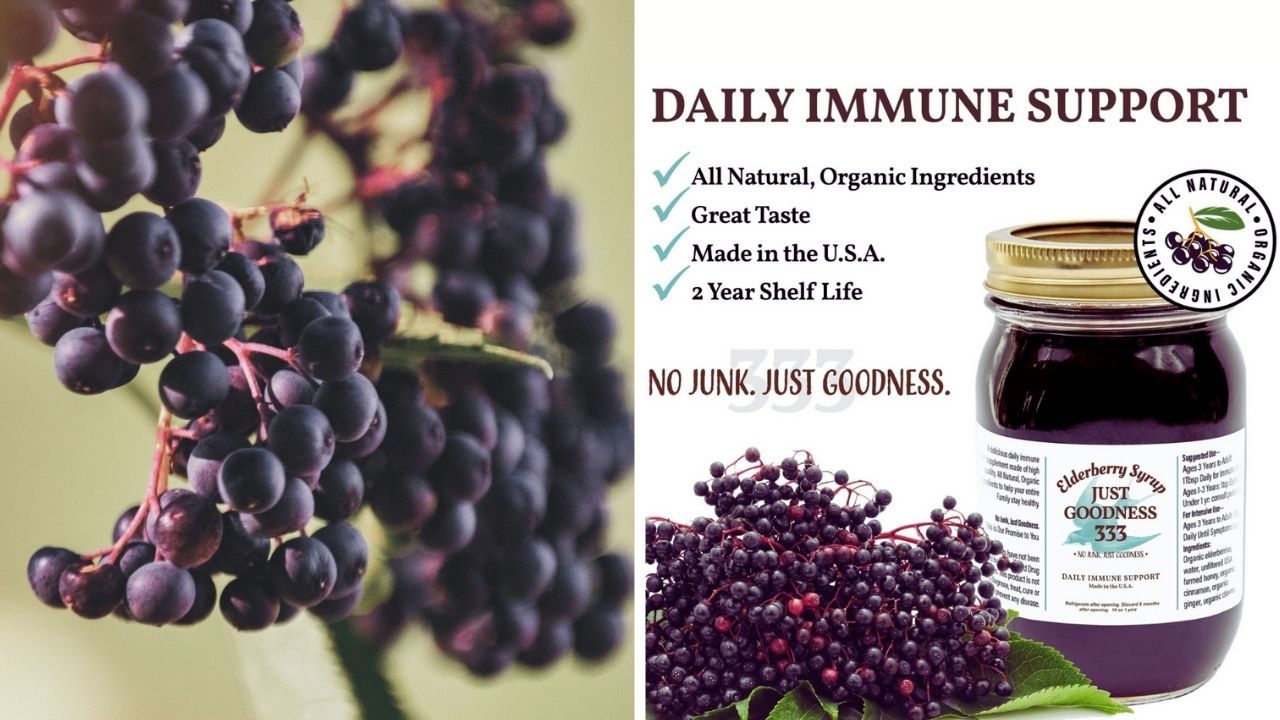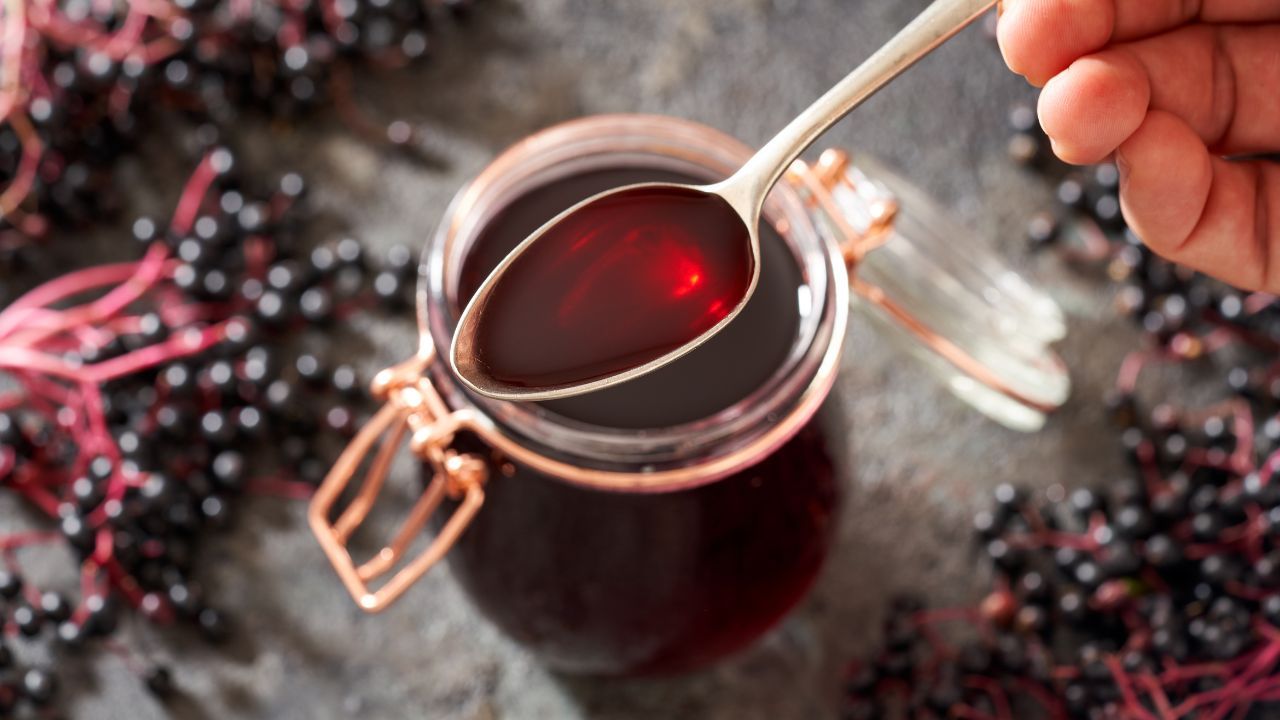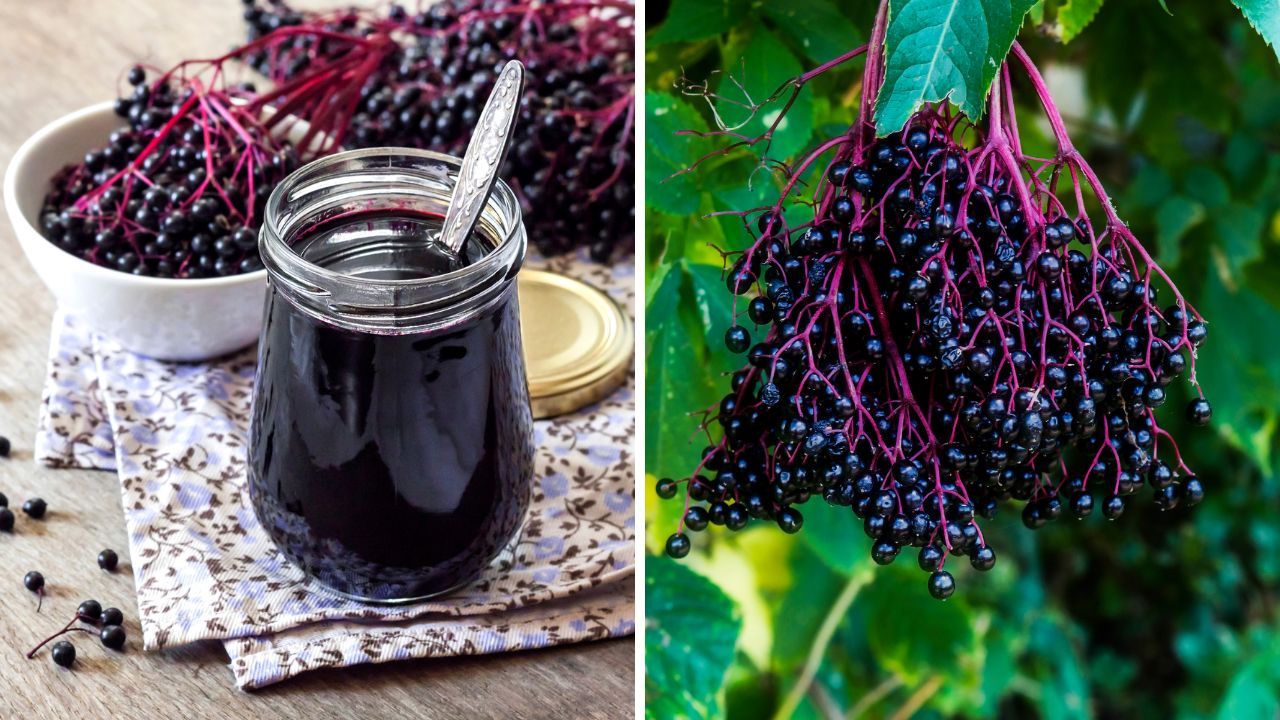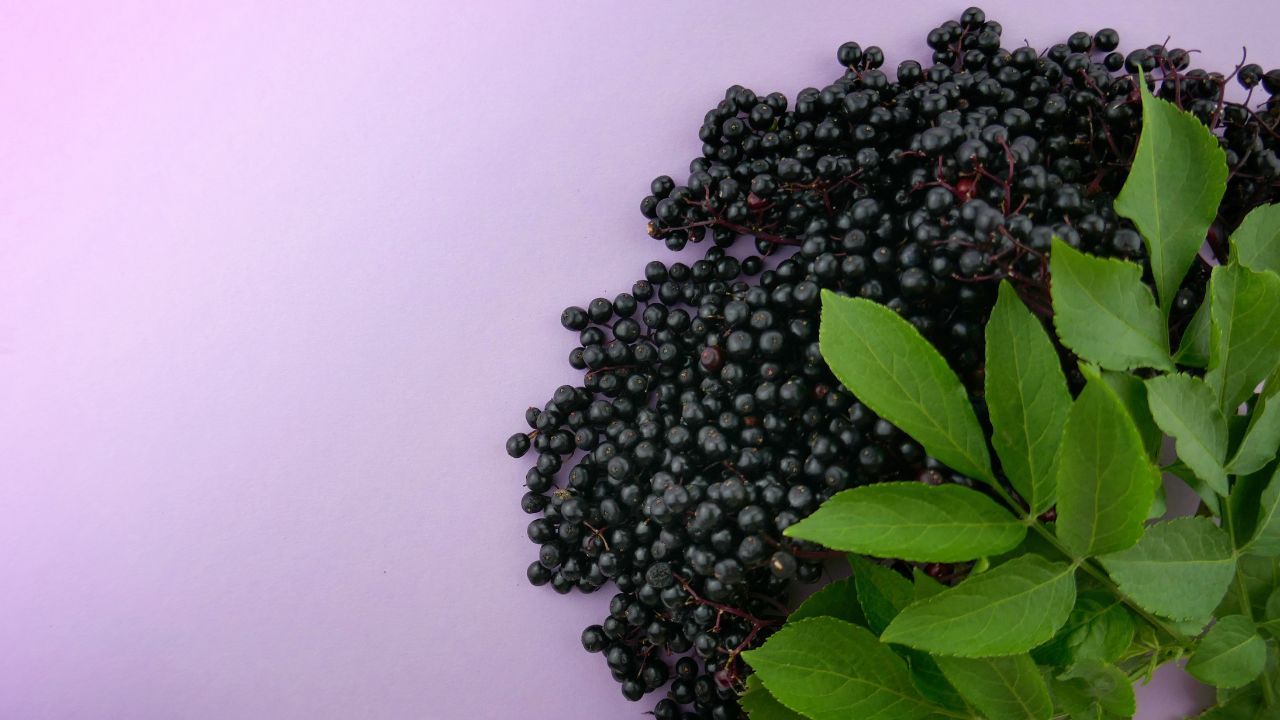
Does Elderberry Lower Blood Pressure: Uncovering the Truth
Join us as we answer the question: Does Elderberry Lower Blood Pressure? Discover the power of elderberries and their role in heart health.
Ever hear of elderberries (aka Sambucus Nigra)? These small, dark purple berries have a rich history in folk medicine, dating back thousands of years. Ancient Egyptians used elderberries to improve their complexions and heal burns.
Meanwhile, Native Americans used them to treat infections. But today, we are going to explore a different aspect of this superfruit: Does elderberry lower blood pressure?
Understanding Blood Pressure

Before we dive into the heart (pun intended!) of the matter, let's first understand what blood pressure is.
Simply put, blood pressure is the force that your blood applies against the walls of your arteries as it is pumped around your body by your heart. Imagine it like the water pressure in a garden hose – too much, and the hose can burst!
This condition, known as hypertension, can lead to serious health problems like heart disease or stroke. So, managing your blood pressure is important, and that's where elderberries might come into play.
What Do the Numbers Mean?
When you get your blood pressure checked, you'll see two numbers.
The first one, the higher number, is called systolic pressure. This measures the force your blood creates against your artery walls when your heart beats.
The second number, the lower one, is the diastolic pressure. It measures the same force, but when your heart is at rest between beats.
What's a Normal Reading?
A normal blood pressure reading is usually less than 120/80 mmHg. The first number is the systolic pressure, and the second number is the diastolic pressure.
If your reading is consistently above 130/80 mmHg, you might have high blood pressure, also known as hypertension.
Why Should You Care About Your Blood Pressure?
Maintaining healthy blood pressure is crucial for your overall health. High blood pressure means that your heart is working harder than it should to pump blood. Over time, this can lead to serious health problems like heart disease or stroke.
So, keeping an eye on your blood pressure and taking steps to manage it is essential. And that's where elderberries might come into play.
The Power of Elderberries
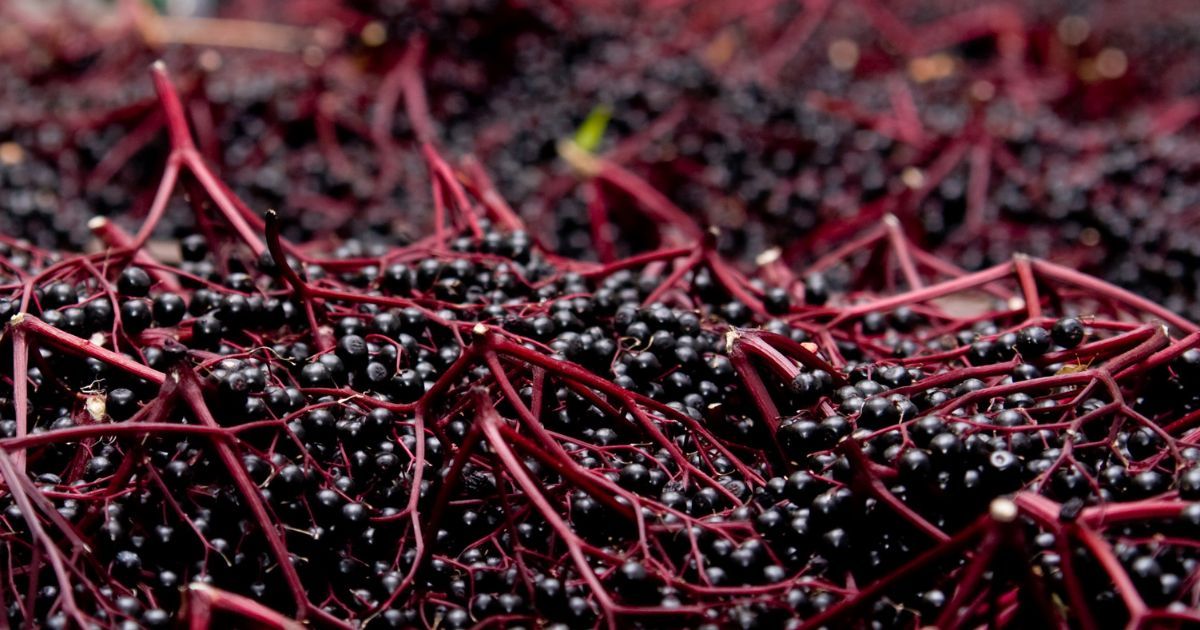
Elderberries are more than just pretty fruits. They're packed with nutrients that your body craves. Rich in vitamin C, dietary fiber, phenolic acids, flavonols, and anthocyanins, these berries are a powerhouse of good health.
But here's where things get really interesting. Did you know that elderberries have been linked to weight loss and improved exercise capacity?
That's right! This study found that athletes who took elderberry supplements had increased exercise performance by raising the levels of nitric oxide in the body.
Elderberry & Blood Pressure: Uncovering the Connection
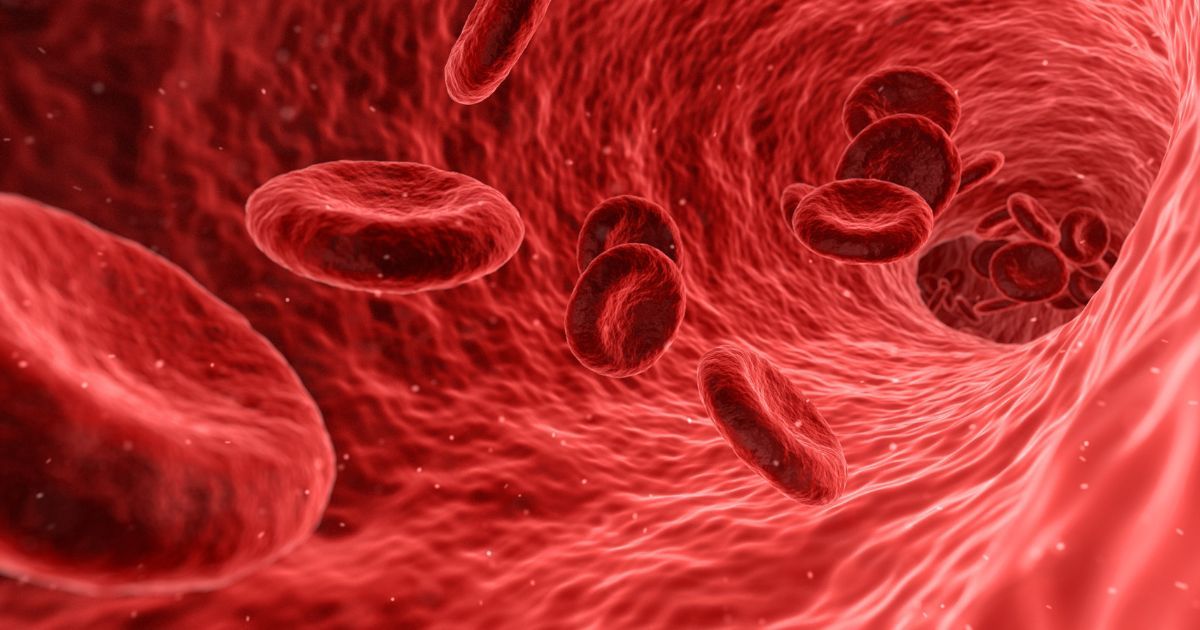
You might be wondering, "How can a small berry-like elderberry influence something as significant as blood pressure?" Well, science has some fascinating answers to that.
One of the ways elderberry does this is by helping to relax the lining of your blood vessels. This relaxation allows blood to flow more freely, reducing the pressure on your vessel walls.
This research from the "Journal of Functional Foods" found that elderberry extract could help prevent cardiovascular diseases and diabetes. Isn't that an exciting breakthrough?
But remember, while elderberries show promise, it's important to be cautious. Elderberries may interact with medications and lower your blood pressure too much. So, always talk to your healthcare provider before adding anything new to your diet.
Additional Health Benefits of Elderberry
But wait, there's more! Elderberry isn't just a one-trick pony. It also has the potential to reduce levels of uric acid in the blood, which can lead to gout if too high.
And for those of you watching your blood sugar levels, elderberry might be your new best friend. Some research suggests it has the ability to lower blood sugar levels, making it a potential ally in the battle against diabetes.
As if these benefits weren't enough, elderberries are also associated with positive effects on heart health due to their high anthocyanin content. These are the same compounds that give elderberries their deep purple color and are known for their potent antioxidant properties.
The Pros and Cons of Elderberry
Before you rush out to stock up on elderberry supplements, let's take a balanced look at the pros and cons. Like anything, elderberry isn't without its potential side effects or risks.
Pros:
- Nutritional Powerhouse: Elderberries are filled with antioxidants and vitamins that can boost your immune system. They contain compounds like quercetin, kaempferol, rutin, and phenolic acids.
- Cold and Flu Symptoms Relief: Many believe elderberries can help relieve colds and fight the flu due to their antiviral properties.
- Heart Health Supporter: Elderberries may support heart health and fight inflammation and infections.
- Variety of Formats: From syrups to supplements, there are many ways to incorporate elderberries into your diet.
Cons:
- Possible Side Effects: While generally safe and well-tolerated, some people may experience side effects such as nausea, vomiting, diarrhea, or constipation.
- Toxicity of Raw Berries: Raw elderberries, as well as the bark, seeds, and leaves of the elderberry tree, are toxic. They need to be cooked or processed before consumption.
While most people can safely consume elderberry, some people may experience mild digestive upset. And, although rare, allergic reactions can occur.
Always start with a small dose to see how your body reacts, and consult with your healthcare provider if you're pregnant, breastfeeding, or taking other medications.
How To Incorporate Elderberry Into Your Diet
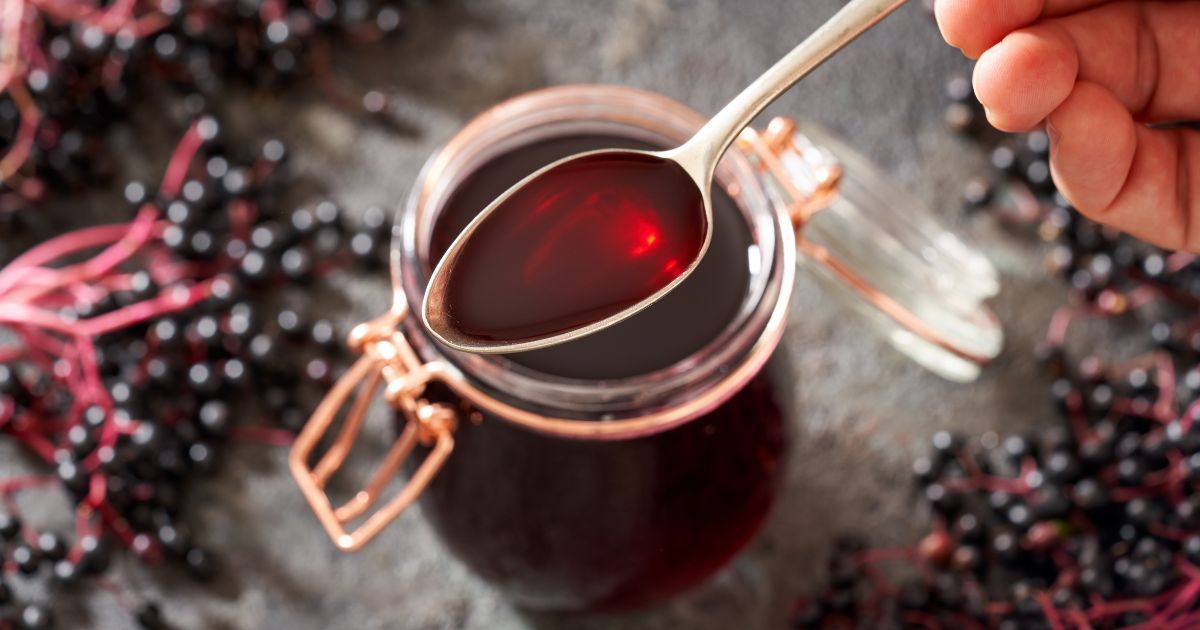
Now that you're familiar with the potential health benefits of elderberries, you might be wondering, "How can I add them to my diet?" Well, you're in luck! There are several delicious and easy ways to incorporate elderberries into your meals.
- Elderberries can be used in jams, pies, syrups, and even wines due to their tart flavor.
- You can add a spoonful of elderberry jam to your morning toast.
- Mix some elderberry syrup into your yogurt for an antioxidant boost.
- Elderberry tea is another excellent option, especially during cold winter months.
If fresh elderberries aren't readily available, don't worry! Elderberry supplements, often in the form of capsules, liquid elderberry extracts, or elderberry juice, are widely available and provide a concentrated dose of the berries' beneficial properties.
Just remember, like any supplement, it's important to choose products from reputable manufacturers and stick to the recommended dosage.
Bottom Line
We've covered quite a bit today, haven't we? From understanding what blood pressure is and why it's vital, to diving deep into the world of elderberries and their potential health benefits, including lowering blood pressure, reducing uric acid levels, and improving heart health.
Remember, while elderberries carry a host of potential health benefits, they're not a magic cure-all. It's always essential to maintain a balanced diet, regular exercise, and consult with your healthcare provider before starting any new supplement regimen, especially if you're managing high blood pressure.
We hope this post has given you some helpful insights into elderberries and their potential role in maintaining good health.
But now we want to hear from you! Have you tried elderberries before? What was your experience like? Do you have any favorite elderberry recipes to share? Or maybe you have some questions about this superfruit? Feel free to drop a comment below. We'd love to hear your thoughts!
Remember, your journey to better health is just that – a journey. So why not make it a tasty one with some elderberries along the way?
Recommended For You...
